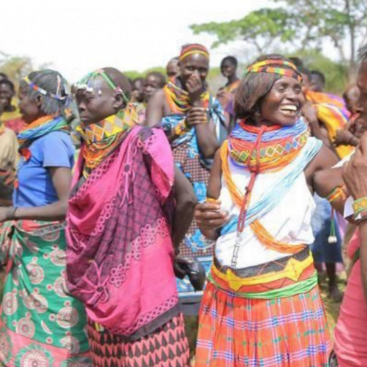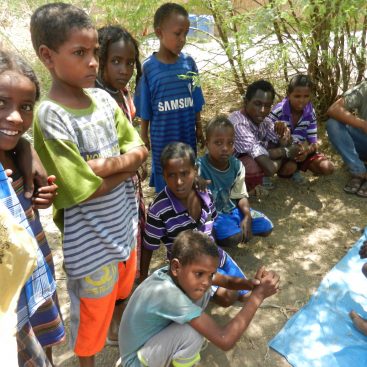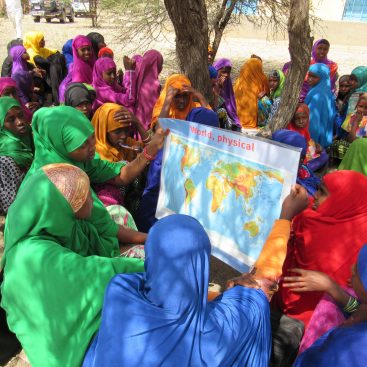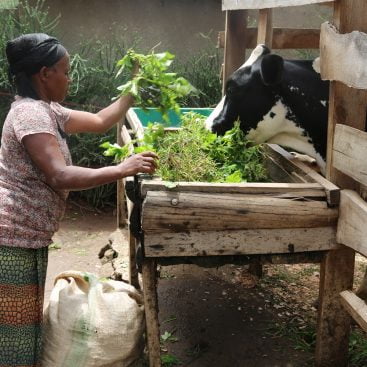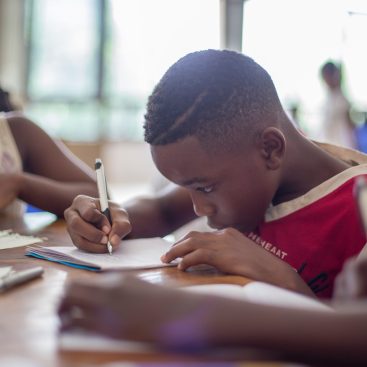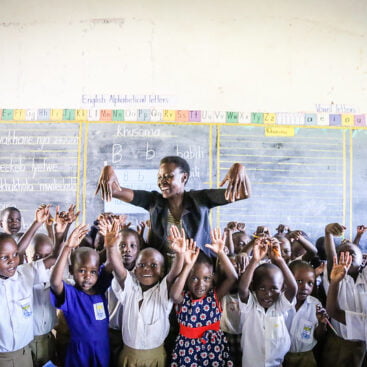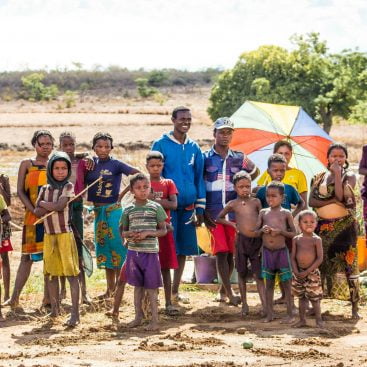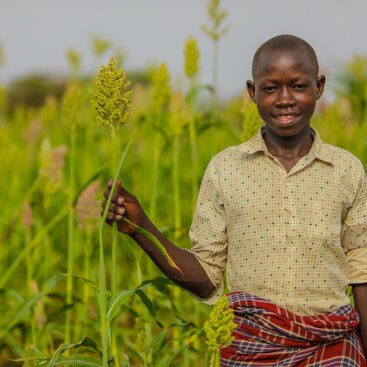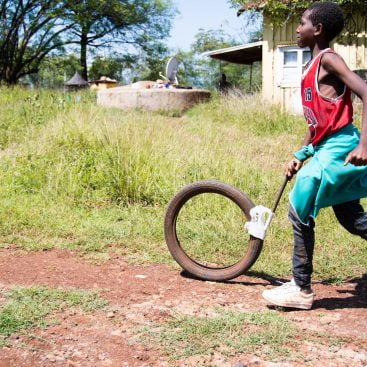Research Team
PI:

William Bazeyo
Associate Professor
Makerere University
wbazeyo@gmail.com
Co-PI:
Justus Inyega
Associate Professor
University of Nairobi
justus.inyega@uonbi.ac.ke
Co-PI:
Hellen Inyega
Associate Professor
University of Nairobi
hinyega@yahoo.com
Embedded Research Translation Lead:
Aminata Jalloh
Education Technical Advisor
Catholic Relief Services
aminata.jalloh@crs.org
Project Information
Title of Project: Case Study of Kenya’s Early Grade Reading Program and the Journey to Self-Reliance
Sector: Education
Country: Kenya
Lead Institution: Makerere University
Co-PI Institution: University of Nairobi
Partner(s): Catholic Relief Services
Final Budget: $500,000
Project Length: 10/15/2018 – 07/31/2020
Research Objective:
Provide a detailed account and analysis of Kenya’s early grade reading program from 2011 to 2018 and the context within which it happened to provide a useful case study for the Agency to ultimately be better able to design and implement equally, if not more, successful programs in other countries.
Project Description:
In Kenya, USAID is working with the Government of Kenya, DFID, and RTI International to improve early grade reading for all Kenyan children through its very successful reading program, Tusome. This case study sought to outline the essential steps and factors that enabled the Kenya Ministry of Education to successfully scale and sustain the Tusome (let’s read” in Kiswahili) early grade reading program, as well as identify challenges and how they were addressed. The goal for the case study was to inform and enhance USAID’s ability to design and implement similar successful programs in other countries. USAID identified the need for qualitative information on the program to better contextualize grassroots opinions on Tusome, what makes it unique, and salient components that made it so successful that the government was willing to scale it.
Embedded Research Translation Product: For research translation, partners created a brief and PowerPoint Presentation to accompany their full report to deliver to key stakeholders as part of dissemination efforts. Recommendations of the case study on how to implement early grade reading programs for scale have been disseminated to USAID technical experts.
Embedded Research Translation Audience: USAID
Learnings & Impacts:
The team conducted a one-year study to document the key elements of Tusome’s success and lessons learned. Researchers used stakeholder interviews, focus group discussions, and on-site observations to examine Tusome’s successful implementation, on course to become an increasingly self-reliant, government-owned education program. They also assessed how the program maintained a high impact on student learning outcomes, generated sufficient commitment, and built the right capacity at scale. The Tusome case study unveiled several lessons encompassing areas of scale, commitment, and strengthening capacity for a successful hand-over of a literacy program.
For USAID, the case study has been helpful for education practitioners and technical field officers. It also informed a follow up program to Tusome on textbook procurement. Subsequent projects on literacy in Kenya are taking a similar systems-level approach. In Kenya, the case study has informed how the Ministry of Education perceives scale for early grade reading programs.

